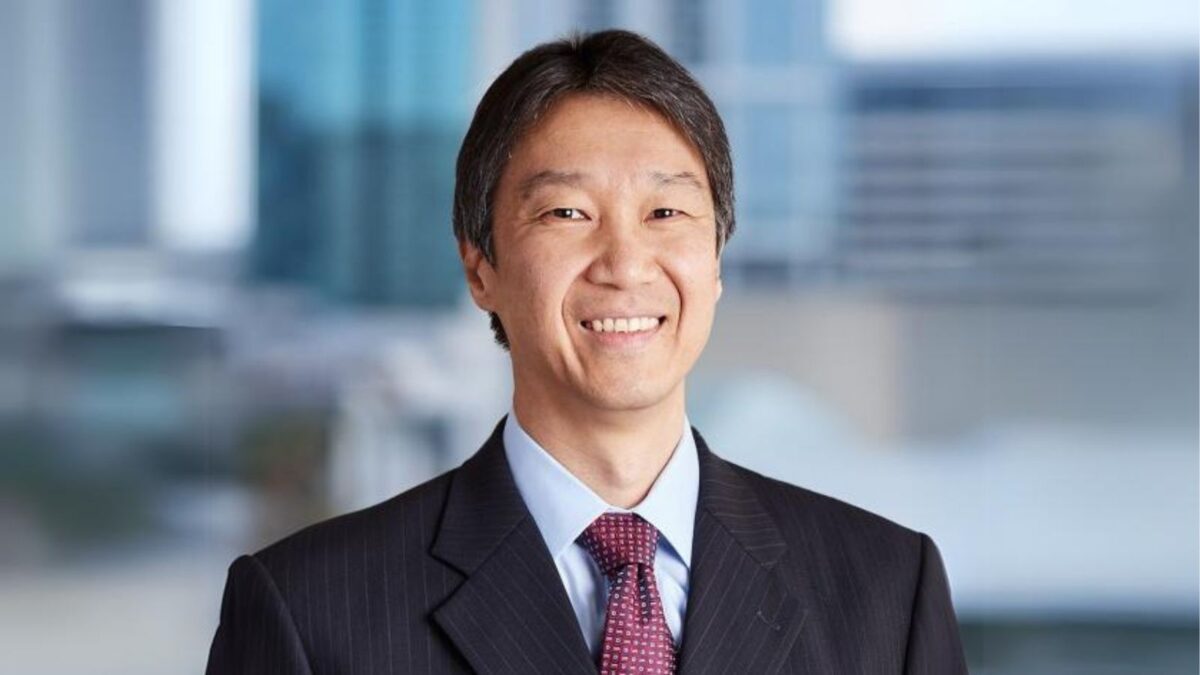Merging wealth management and investment banking in Asia
Asia is different from the West. Recent consolidation among investment banks, attempts to merge their activities with wealth management arms and disappointments among a plethora of expansionary Western institutions point to some of the fundamental differences.
A recent report by Dr Arjuna Sittampalam, a research associate at the EDHC-Risk Institute, highlights some of the issues facing wealth managers, private bankers and investment bankers in Asia. This is despite an expected sharp rise in the number of wealthy and “ultra-wealthy” individuals throughout the region. The report says:
. Wealth management requires less capital than investment banking. For instance wealth management takes up only 6 per cent of Morgan Stanley’s tier one capital but the firm earned $US3 billion from that arm in the March quarter compared with $US5 billion for investment banking sales and trading. But wealth management is not an easy business. Because it is people intensive, its cost-income ratio is high.
. Societe Generale this year added an investment banking service to its wealth management clients who were also “entrepreneurs” with more than $US30 million, with the aim to cross-sell between the divisions. Others which have made similar moves include UBS, Bank of America Merrill Lynch, Credit Agricole and Deutsche Bank. However it doesn’t always work. A McKinsey report from 2007 points to rivalry and internal resistance to cross-selling, problems with staff remuneration and negative reactions among clients.
. The ultra-wealthy, with investable assets of more than $30 million, are forecast to increase their share of the $US3 trillion under management in Asia from 19 per cent last year to 24 per cent in 2012. Less wealthy, with $US1 million-$30 million, are expected to see their numbers rise “sharply” according to a survey by Barclays of 109 wealth managers.
. Asian investors tend to spread their assets among a range of service providers, making it more difficult to service them. Managers tend to focus on products and compete on price, underlining the commissions-versus-fees debate.
. Western wealth managers base their businesses on long-term relationships with clients whose main aim is to preserve capital. But the Asian wealthy demand high returns, trade a lot, switch service providers and have several advisers.
. Many private banks, especially smaller ones, are leaving the region. Macquarie sold its three-year-old Asian business to Julius Baer and HSBC sold its Japanese business to Credit Suisse. Private banking is less profitable in Asia, perhaps only 15-20c for each $100 under management, according to McKinsey, compared with twice that in the US and Europe.
. Many wealth managers focus attention at the top end of the market but are missing a big opportunity lower down, according to McKinsey. Clients with assets of $US1 million-$10 million currently make up 27 per cent of a bank’s assets but the revenue they generate is tipped to rise to 80 per cent of net new revenue in the next two years.









